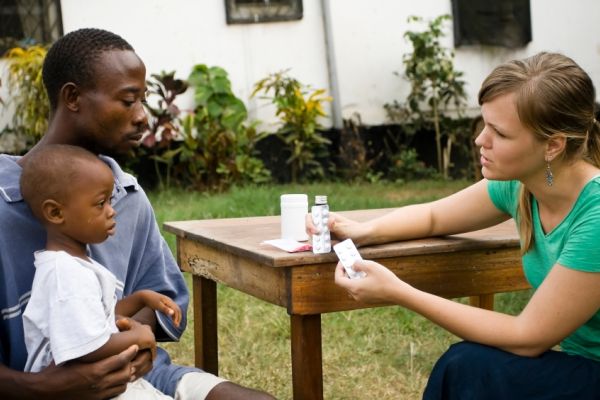The ethics of research related to healthcare in developing countries
Report
Published 24/04/2002

A particularly controversial issue concerns the ‘standard of care’ that should be provided to participants during research in developing countries. Much of the debate has focused on the level of care provided to the control (or comparison) group in clinical trials. Should participants in developing countries receive the same standard of care that participants in wealthier countries would receive if the research was conducted there?
Definitions
Universal standard of care: the best current method of treatment available anywhere in the world for a particular disease or condition.
Non-universal standard of care: the treatment available in a defined region.
What level of care should be provided for those in the control group?
Some argue that when research is externally sponsored, participants in developing countries should receive the same standard of care as participants would receive if the research was conducted in the sponsor’s country. Others argue that this could prevent some forms of potentially beneficial research from being undertaken. In some instances, the medical facilities to provide such treatment are not available. In addition, the research findings based on the universal standard may not be relevant to developing countries. For example, if researchers are investigating whether a new treatment for a disease is better than the one currently available in a developing country, it is more appropriate to compare the new treatment with the currently available one, rather than a more expensive treatment available only in developed countries.
We conclude
Wherever appropriate, participants should be offered the best standard of care available in the world for the disease being studied. But this is not always appropriate or possible. In these situations, we recommend that – as a minimum – participants should be offered the best treatment available from the national public health system. The standard of care must be defined in consultation with those who work within the country and must be justified to the research ethics committee.
Research into preventive measures
When research into preventive measures is conducted, what standard of care should be offered to patients who develop the disease once the research is completed? This issue was debated in the context of research to develop a vaccine to prevent HIV infection.
We conclude
When research into preventive measures is conducted, wherever appropriate, participants who develop the disease being studied should be offered a universal standard of care for the disease. Where this is not appropriate, the best available intervention as part of the national public health system should be offered, as a minimum.
Care for other conditions
During research into some diseases, participants may develop other conditions that are not related to the disease being studied. In some cases, researchers may not have the expertise to treat the condition effectively and appropriate treatment may not be available locally.
We conclude
Before research begins, agreement should be reached about the standard of care that should be provided to participants who develop other diseases. Again, we conclude that – as a minimum – participants should be offered the best treatment available from the national public health system.

Share